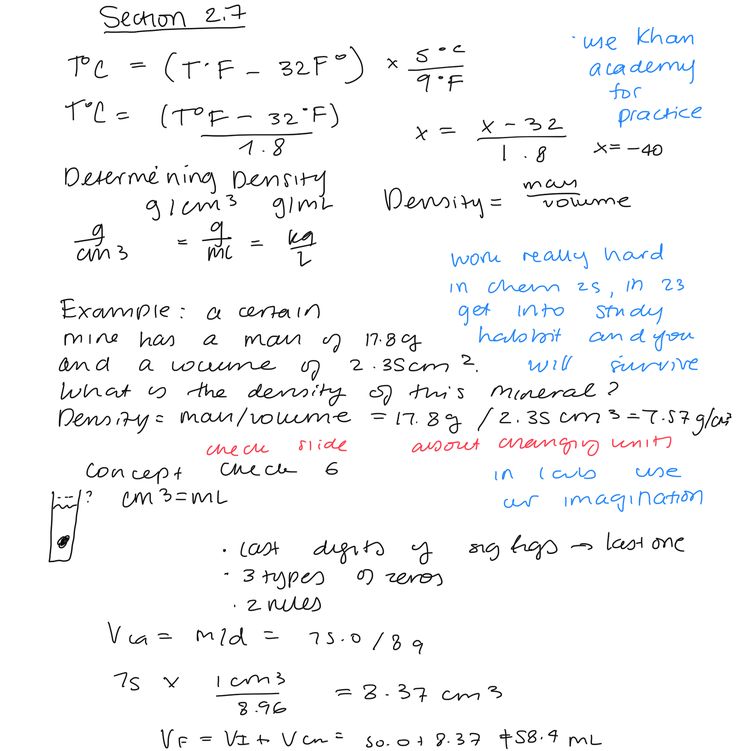The significance of measurement within the realm of science cannot be overstated. It serves as the foundational bedrock upon which empirical inquiry and theoretical discernment are constructed. Accurate measurement enables scientists to obtain reproducible data, thereby facilitating the validation of hypotheses and the synthesis of new knowledge. The meticulous quantification of variables not only fosters understanding but also enhances our ability to predict outcomes within various domains of scientific investigation.
At its core, measurement is an act of translation—converting abstract phenomena into quantifiable units. For example, consider the act of measuring temperature. The sensation of warmth or cold that we experience subjectively can be rendered into precise readings in degrees Celsius or Fahrenheit through rigorous methodology. Without such measurements, the discussion around thermal dynamics would remain nebulous and subjective. This transition from phenomenological observation to precise quantification exemplifies the intrinsic power of measurement in elucidating scientific concepts.
Moreover, the role of measurement in establishing a common scientific language is pivotal. Scientists across disciplines must converge on standardized units to communicate findings effectively. The International System of Units (SI) provides a universal framework that ensures consistency and clarity. By adopting a unified system for measurement—whether it be the meter for spatial dimensions or the kilogram for mass—scientists can engage in collaborative discourse without ambiguity, expediting the dissemination of knowledge and fostering innovation.
Another dimension of measurement’s importance lies in its capacity to refine scientific theories. Theories in science are frequently assessed through the lens of predictive accuracy. Herein, measurement acts as a crucial arbiter. For instance, consider Newton’s law of universal gravitation. Empirical tests of this law hinge upon measurements of gravitational forces between masses. When discrepancies arise between observed phenomena and theoretical predictions, it is through the lens of rigorous measurement that scientists can identify inaccuracies or limitations within established models. Thus, measurement becomes a conduit through which science evolves—prompting revisions to existing theories or the development of novel frameworks.
Measurement also serves a diagnostic function, particularly in fields such as medicine and environmental science. The ability to quantify biological indicators—be it blood pressure, cholesterol levels, or concentrations of pollutants—enables practitioners to diagnose diseases, assess the effectiveness of interventions, and implement strategies for improvement. The precision of measurement in these contexts has far-reaching implications, influencing not only individual health outcomes but also public health policy and environmental regulation.
Furthermore, measurement fosters a culture of skepticism and inquiry within the scientific community. The process of verification, where results are cross-examined through independent measurements, exemplifies the self-correcting nature of science. The replication crisis observed in various disciplines underscores the necessity of robust measurement practices. When researchers question the validity of findings, they often pivot to measurements to assess reproducibility. Such rigor fortifies the credibility of scientific knowledge and anchors it in empirical reality rather than subjective interpretation.
The technological advancements surrounding measurement techniques have also catalyzed scientific discoveries at an unprecedented scale. Innovations in instrumentation—ranging from nanotechnology to astronomical observatories—have enhanced our capacity to measure with exceptional precision. The advent of laser interferometry, for instance, has enabled the detection of gravitational waves, a phenomenon predicted by general relativity over a century ago. The meticulous intricacies of such measurements have not only confirmed theoretical predictions but have also opened new avenues for research in astrophysics and cosmology.
Moreover, the interdisciplinary application of measurement extends its relevance beyond traditional scientific realms. Fields such as psychology and sociology rely heavily on measurement to quantify constructs such as intelligence, happiness, and societal trends. Here, the challenge often lies in operationalizing abstract concepts into measurable variables accurately. Yet, when accomplished, these measurements empower social scientists to uncover insights about human behavior, societal structures, and cultural dynamics. The ability of measurement to traverse disciplinary boundaries underscores its universal appeal and necessity—a testament to its centrality in scientific inquiry.
Nevertheless, it is imperative to acknowledge the challenges intrinsic to measurement. The accuracy of instruments, calibration standards, and human factors such as bias can complicate the quest for precise data. As such, scientists must engage in continual reflection regarding the tools and methodologies employed in their measurements. It is a persistent dance between technological advances and philosophical considerations about the nature of reality, measurement error, and the limits of human perception.
In conclusion, the importance of measurement in science transcends mere numerical quantification. It encapsulates a rigorous dialogue between observation and interpretation, theory and practice. Measurement is the linchpin of scientific understanding—binding empirical evidence with theoretical constructs, facilitating communication among diverse disciplines, and driving the evolution of knowledge. The nuanced interplay of measurement engenders a profound appreciation for the complexity of scientific inquiry, revealing that behind every numerical figure lies a deeper narrative of discovery and enlightenment.










